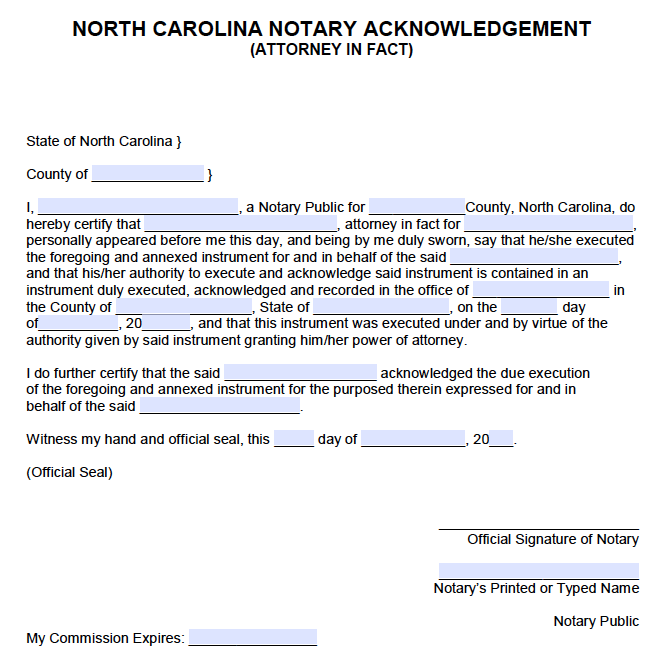

New Jersey will accept handwritten wills whether or not they are witnessed, provided that it can be clearly shown that the document was intended to be the deceased’s will. In order for the signature of these witnesses to be valid, the signees should add their signatures to the document as soon as possible. The will must also be signed by at least two other witnesses. Condition 2: In Writing And SignedĪccording to NJRS §3B:3-2, a will must be signed by the deceased or by someone who had the authority to sign for the maker of the will. This means the person is able to understand the document they are signing. The term “of sound mind” is common when determining legal competency. The intention with this specification is to ensure that a person is competent to decide how their assets should be divided upon their death and that they are not being manipulated by anyone who might be seeking to benefit. This most basic condition is described in NJRS §3B:3-1, which determines that anyone of sound mind who is at least 18 years old is entitled to create a will. The three conditions to make a will valid are intended to ensure that the will is genuine and reflects the wishes of the deceased. When the will lacks the signature of a notary, the family will have to prove the will’s legitimacy-which, depending on the circumstances, may take time.įor a legal consultation, call 85 Three Conditions to Make a Will Valid The surrogate will then appoint the executor to manage the distribution of assets. If the will has the necessary signatures and notary stamp, it will be considered self-proving, meaning that no further validation of the will is necessary. While many families can make use of simple probate, the regular probate process in New Jersey is relatively straightforward, inexpensive, and affordable compared to many other states.Īfter an individual dies, the family takes the deceased’s will to their county Surrogate’s Office for approval. Simple probate typically applies to smaller estates where there is not much contention over the distribution of assets. New Jersey has two kinds of probate: simple probate and regular probate. In either case, this process is called probate. When there is a will, the assets are dispersed according to the deceased’s wishes by their appointed executor. The existence of a will makes things simpler for a family. When a person dies intestate in New Jersey-meaning they did not leave a will-their assets are divided among heirs according to a number of specifications as described in New Jersey Revised Statutes (NJRS) §3B:5-3 through NJRS §3B:5-16. New Jersey’s specifications address both situations where the deceased created a formally documented, notarized will as well as situations where the deceased left only a handwritten record of their last intentions. The conditions that make a will valid will vary from state to state. Otherwise, certain conditions must be met to determine its veracity. It must also be signed by at least two witnesses.

The will must be in writing, signed by the testator or by someone else at the testator’s direction and in their presence.The testator, or person making the will, must be at least 18 years old and of sound mind.In New Jersey, there are three conditions to make a will valid: A last will and testament names a representative to manage your affairs upon your death and ensures that your assets are distributed according to your wishes.


 0 kommentar(er)
0 kommentar(er)
